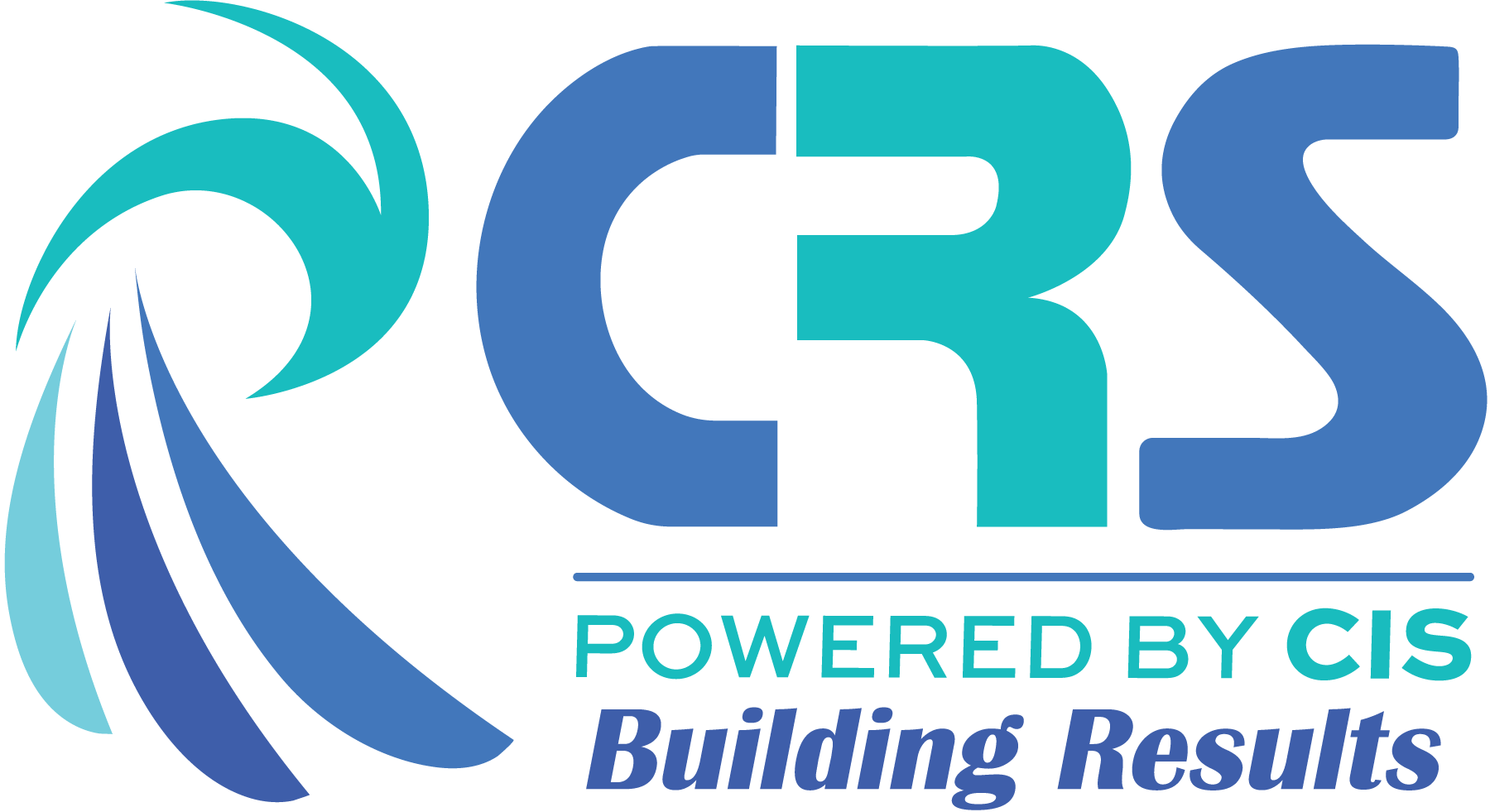Recently, at Contractors Risk Solutions, I had a thought-provoking phone conversation that underscored a vital aspect of risk management for contractors: the indispensable role of a strong insurance broker. This is the tale of that conversation.
A Quest for Knowledge: Understanding Contractor Bonds
Our story begins with a call from a client, whom we’ll refer to as “John.” His objective? To deepen his knowledge about contractor bonds. John was not just curious about the contractor we had bonded but was also planning to sign a contract with them. He wanted to know the possible consequences if the contractor failed to fulfill their responsibilities.
Unraveling the Details: Decoding Bond Violations
John’s inquiry seemed straightforward initially, but it soon transpired that he had a keen interest in the minutiae of bond violations. He probed into the specifics of a hypothetical situation: what if the contractor failed to start work as per the agreed schedule?
As an insurance representative, my role was to furnish him with accurate information. I explained that a bond claim requires demonstrable financial damages to the client caused by the contractor. However, John’s persistent curiosity about contractor negligence and bond violations raised some red flags.
The Hypothetical Predicament: A Contractor No-show
As the conversation progressed, John started exploring a hypothetical scenario: a down payment made to a contractor who subsequently fails to show up for the job. While I suggested verifying the contractor’s license status and checking for any existing complaints, John was primarily focused on the insurance aspects.
Insurance as a Safety Net: Proactive Risk Management
John emphasized his intentions of entering into a potentially significant contract with the bonded contractor. He wanted to tie up all loose ends and was conducting thorough due diligence to understand all risks and recourses. Contractor bonds, in his eyes, served as a safety net for his significant investment.
Detecting Potential Risks: When Diligence Translates to Suspicion
While due diligence is essential, John’s conversation was indicative of more than just caution. He wasn’t merely concerned but seemed almost anticipatory of the contractor defaulting on their obligations, which hinted at a potential premeditated claim.
A Worthy Recommendation: Verifying Contractor Credentials
After an in-depth conversation, I advised John to verify the contractor’s credentials through the California State Licensing Board. Such verification provides extensive information about a contractor’s history, bonds, worker’s compensation, and more.
The Imperative of a Strong Broker: Shielding Against Surprise Claims
This conversation served as a testament to the value of having an experienced broker on your side. A broker can identify potential red flags, interpret the nuances of client interactions, and aid contractors in steering clear of risky engagements. Collaborating closely with your broker can dramatically reduce your chances of facing surprise claims and ensure the safeguarding of your business.

